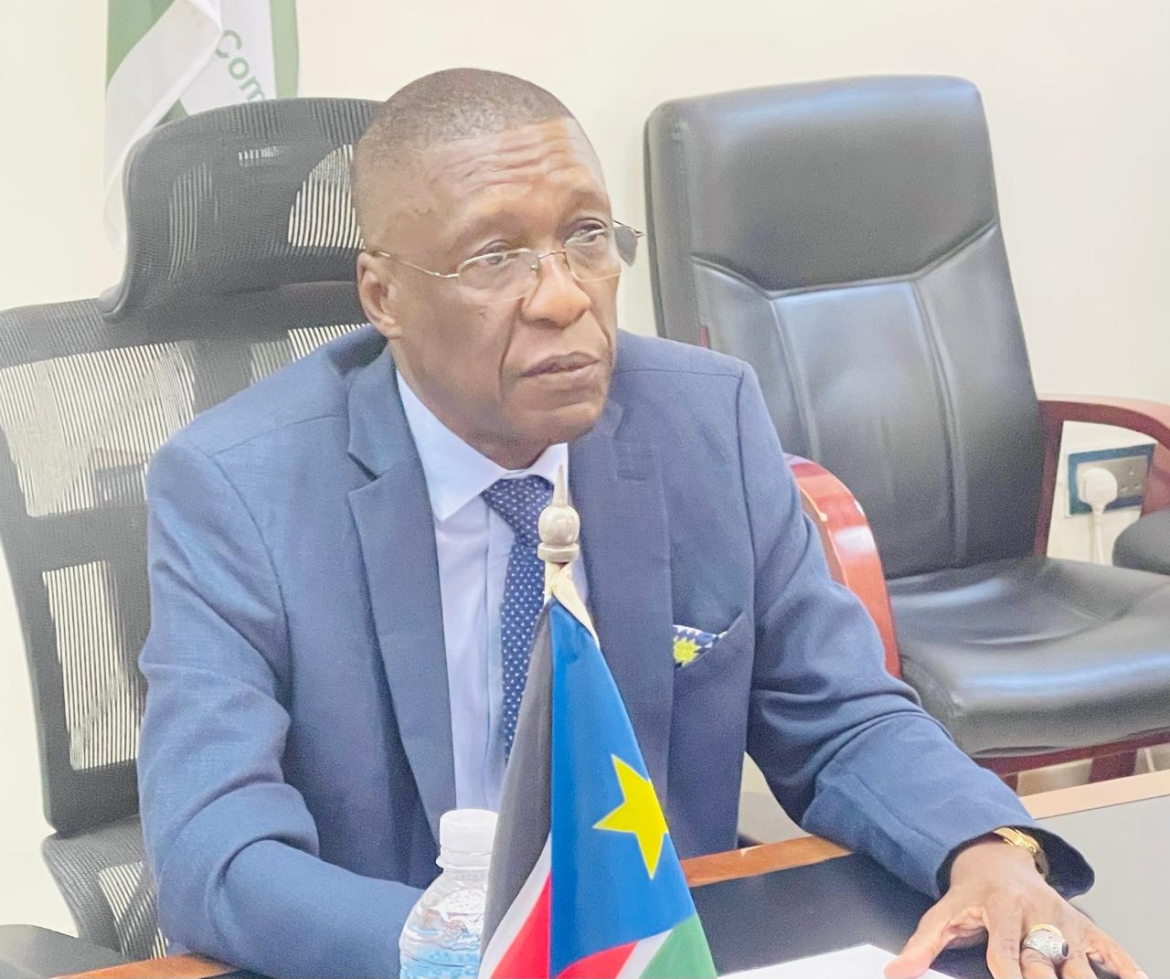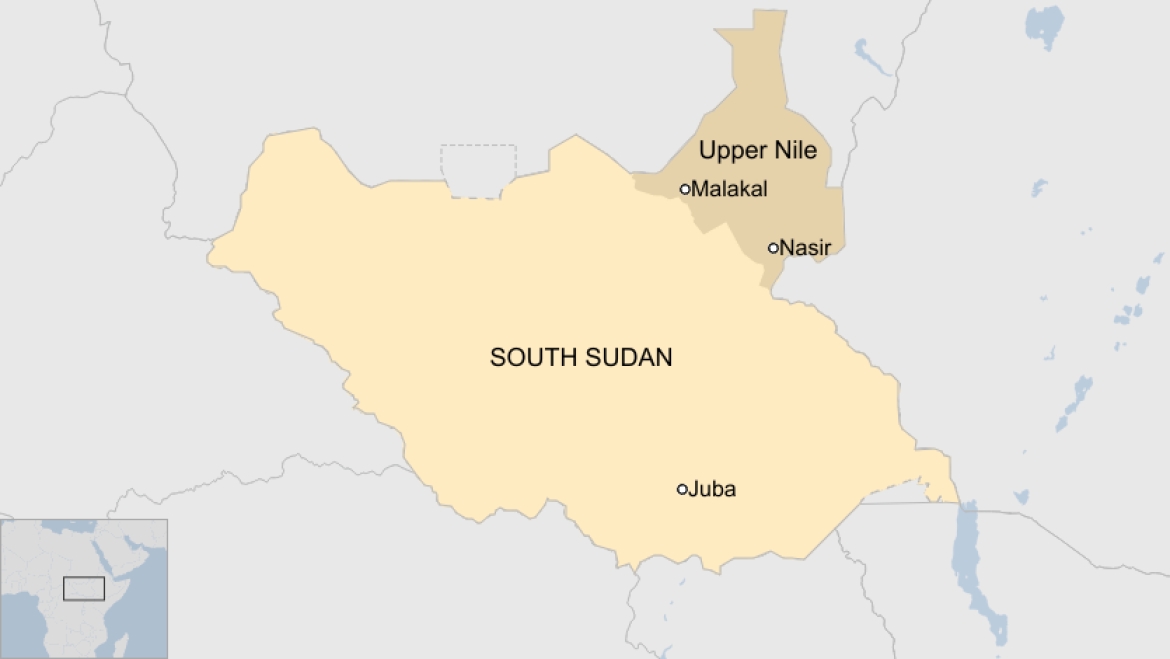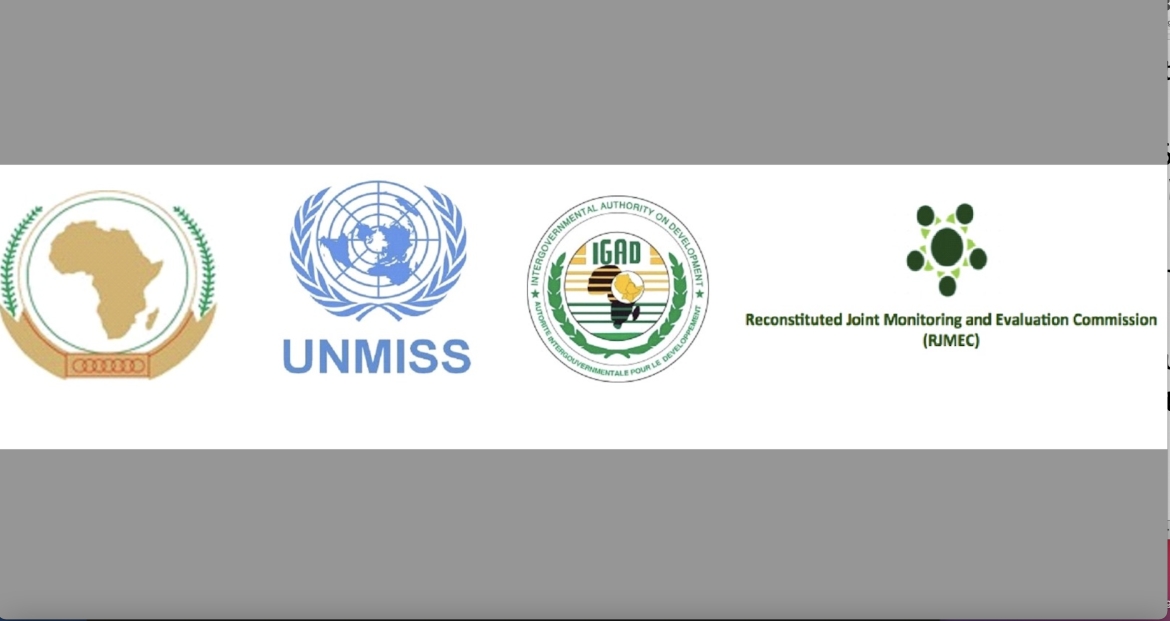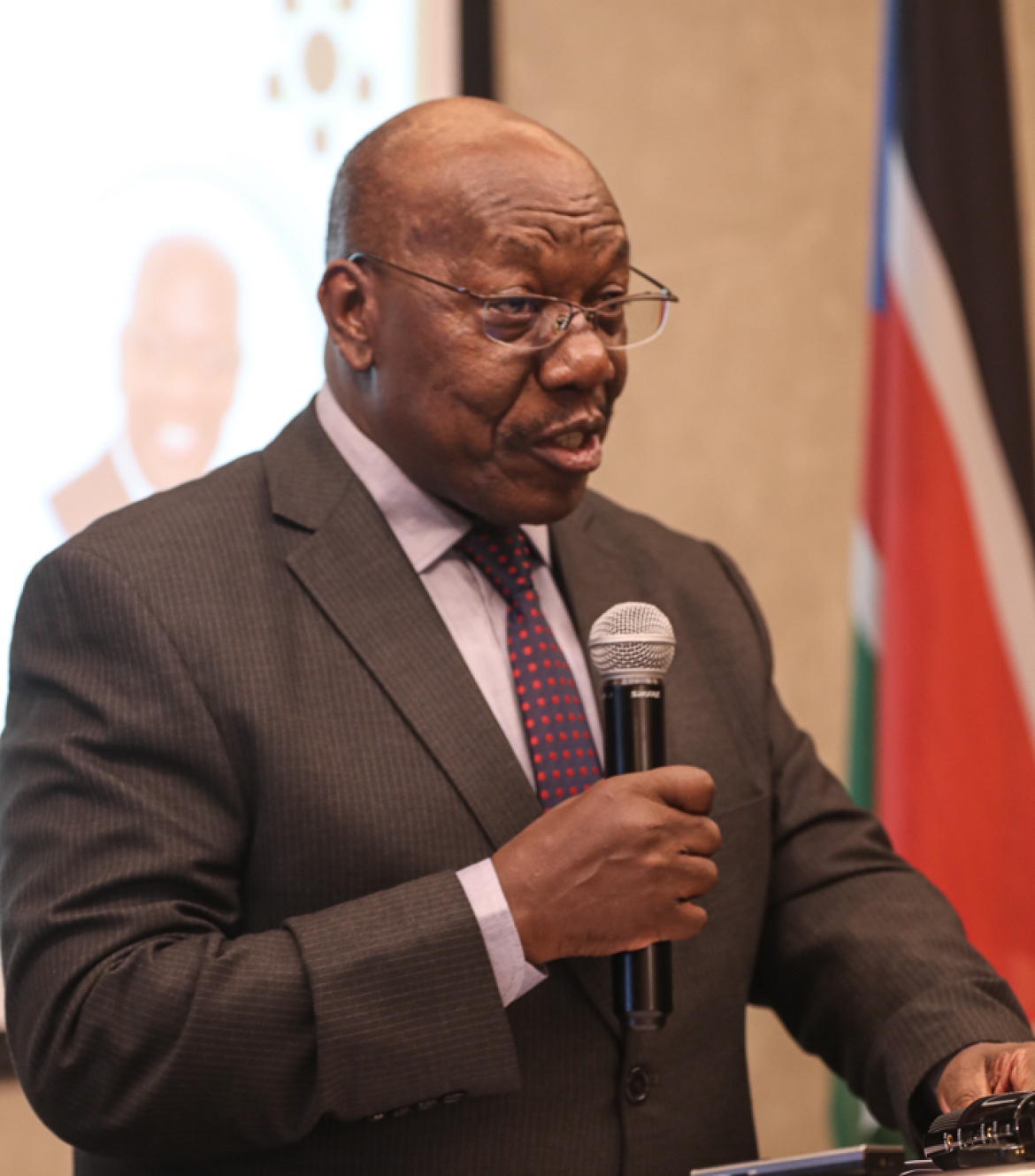End year message: Complete the unification of forces, redouble efforts in implementation of the Peace Agreement
As the year 2021 draws to a close and the new year approaches, it is natural that as we take rest with our loved ones over the holdiday period, we look back and take stock of what has happened this year.
As Chair of the Reconstituted Joint Monitoring and Evaluation Commission (RJMEC), I can say that this has been another important year in the implementation of South Sudan’s peace agreement, the Revitalised Agreement on the Resolution of the Conflict in the Republic of South Sudan (R-ARCSS). However, for everything that has been achieved, much more needs to be done.
As RJMEC, we are a monitoring and evaluation body established by the Revitalised Agreement, empowering us to monitor and oversee the implementation of the Agreement in a professional, impartial, independent, credible and balanced manner. RJMEC sends quarterly reports to the Presidency, the Minister of Cabinet Affairs, the Speaker of the Transitional National Legislative Assembly and the RJMEC members. Furthermore, the reports are also sent to all the IGAD Heads of State and Government, the IGAD secretariat, the African Union and UN Security Council. These reports are used to inform policy decisions on South Sudan peace process. The reports are then followed by detailed briefings to key members of the RTGoNU and the diplomatic community, both in Juba and in the region, on a bilateral basis; and they are also published on RJMEC website (jmecsouthsudan.org).
But it is important to note that RJMEC is not an enforcement body – we monitor and evaluate. In case of non-implementation of the mandate and tasks of the RTGoNU, or other serious deficiencies, RJMEC can recommend appropriate corrective action to the RTGoNU.
If that proves to be unsuccessful, then we RJMEC can refer the matter to the IGAD. In all matters of implementation, the emphasis is on the Parties to the Agreement. The unity government, known as the Revitalised Transitional Government of National Unity (RTGoNU), is the body which drives forward implementation.
At our most recent Plenary meeting, which was on 9 December 2021, my message to the Parties to the Agreement and the RTGoNU was simple and clear: “We are now past the mid-way mark of the timeline of the Transitional Period. The Parties are far behind schedule in implementation of key tasks. As we close the year 2021 therefore, we need clarity from the RTGoNU on its plan for the implementation of the outstanding tasks in the coming 14 months.” Time is running out and much remains to be done. However, to put things in perspective, it is fair to say that overall, since the signing of the Agreement, some progress in implementation has been achieved across the six substantive chapters of the Peace Agreement.
The executive and legislative structures at the national and state levels have been established, and the Permanent Ceasefire has held since the signing of the Agreement. Some humanitarian corridors are opened, some IDPs and refugees are gradually returning, and some reforms in public finance management are underway, improving transparency and accountability.
Steps, however slow, have been taken to establish the transitional justice mechanisms required by Chapter 5 of the Agreement. The Permanent Constitution-making process has been initiated, and a Constitution Process Bill drafted by the Ministry of Justice and Constitutional Affairs was endorsed by the Council of Ministers and is awaiting enactment by the Reconstituted Transitional National Legislative Assembly.
As we return to work next year, then, it is clear where our focus must be. The stalled Transitional Security Arrangements, especially the unification of the forces, must be completed. Also central to the Agreement is the consitution making process, which prepares the way for elections to be held, and both of these must be central in the RTGoNU’s plan of action. Consequently, there is need for more concurrent activities across all chapters of the Agreement. The Parties to the Agreement must reach consensus on prioritisation of tasks, and continue to build political will, and strengthen trust and confidence.
I hope that we will return in the New Year with concrete plans and renewed vigour and determination to bring durable peace, stability and prosperity to the people and country of South Sudan. I wish you all a Merry Christmas and a Happy New Year 2022.
God Bless you, a The author is Major General Charles Tai Gituai, Interim Chairperson of the Reconstituted Joint Monitoring and Evaluation Commission (RJMEC)
And God Bless South Sudan.





